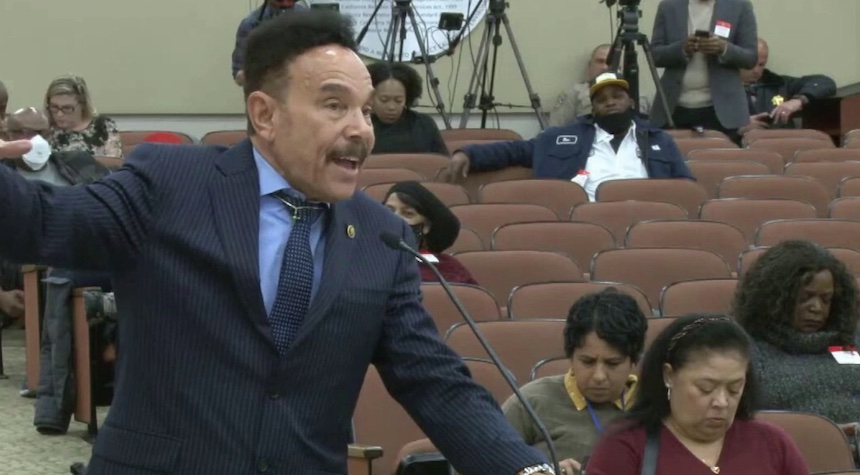Economists advising California’s task force for reparations have estimated that it will cost $1.2 million per Black resident, paid over a lifetime.
California is just one of many states that are debating whether economic reparations can be made to Black Americans who were victims of the Atlantic slave trade and its legacy. This, despite California being designated as a “free state” when it joined the Union. After the police killed George Floyd, the movement for reparations gained momentum. However, it is still a controversial and economically-charged topic.
California, which is known for its progressive experimentation and often makes headlines in the national media, recently released an economic estimate.
The San Francisco Chronicle reported that “Economists who advise California’s reparations task force have finally released an estimate of damages caused by California’s history slavery and white supremacy. It is up to $ 1.2 million per Black resident in a lifetime.”
California’s reparations committee is about to recommend that it apologize to Black residents and offer “down payments” as a means of making amends for slavery and discrimination. This, despite the fact that California explicitly banned slavery in 1850 when it joined the Union.
The task force was created by state legislation that was signed by Governor. Gavin Newsom, who will be governor in 2020 published on Monday more than 500 pages that show his plans to recommend California issue an official apology for slavery and racism and to consider paying varying amounts of money to Black Californians.
The Chronicle said that this huge number was only a “rough estimate of how much it would cost for the state to compensate Blacks for the legacy of harm according to the draft final report of the task force.”
The newspaper quoted directly from the report.
The report said: “It is a conservative estimate of the losses that the State of California has caused, or could have avoided, but didn’t.” “The Legislature would have to decide on how to translate the loss estimates into proposed reparations.”
The Chronicle also added that the process was still ongoing.
The Chronicle reported that “the panel is preparing a final report for the Legislature which will include a recommended amount and form of payments in cash.” The Task Force members will vote on Saturday, at Mills College, in Oakland, on whether or not to accept the draft report. This is the culmination of their work after two long years of intense meetings and research.
The Californian outlet noted that the next task would be to determine the huge economic implications of such a reparations program.
Whatever the task force decides the Legislature and Newsom have the final word. The Chronicle reported that if reparations were approved, officials in the state would need to find a way to fund the program. The economist of the reparations panel said that the plan would cost California over $800 billion. California’s annual budget is about $297 billion.
A member of the task force dismissed concerns in April about the cost total, claiming it was the “least significant piece” of the proposal.
She said that “it’s important,” but that it was not the most important thing to do in order to reach a point where our history as a country and the history of California is one in which we acknowledge that the damage cuts across many areas and domains, and that the repairs need to be aligned with that.
The Chronicle stated that reparations are not only for slavery but also for other economic and social issues that were seen as a legacy of slavery. These include “Mass incarceration, over-policing, and housing discrimination,” as well as “Health Harms such as unequal access, increased exposure to pollution, and discrimination by medical workers.”
Detroit’s reparations committee met in April. Kofi Kenyatta of UpTogether, senior policy director, told the task force: “Reparations are many things, but they must include no strings attached cash for Black people, and systemic changes at all levels.”


